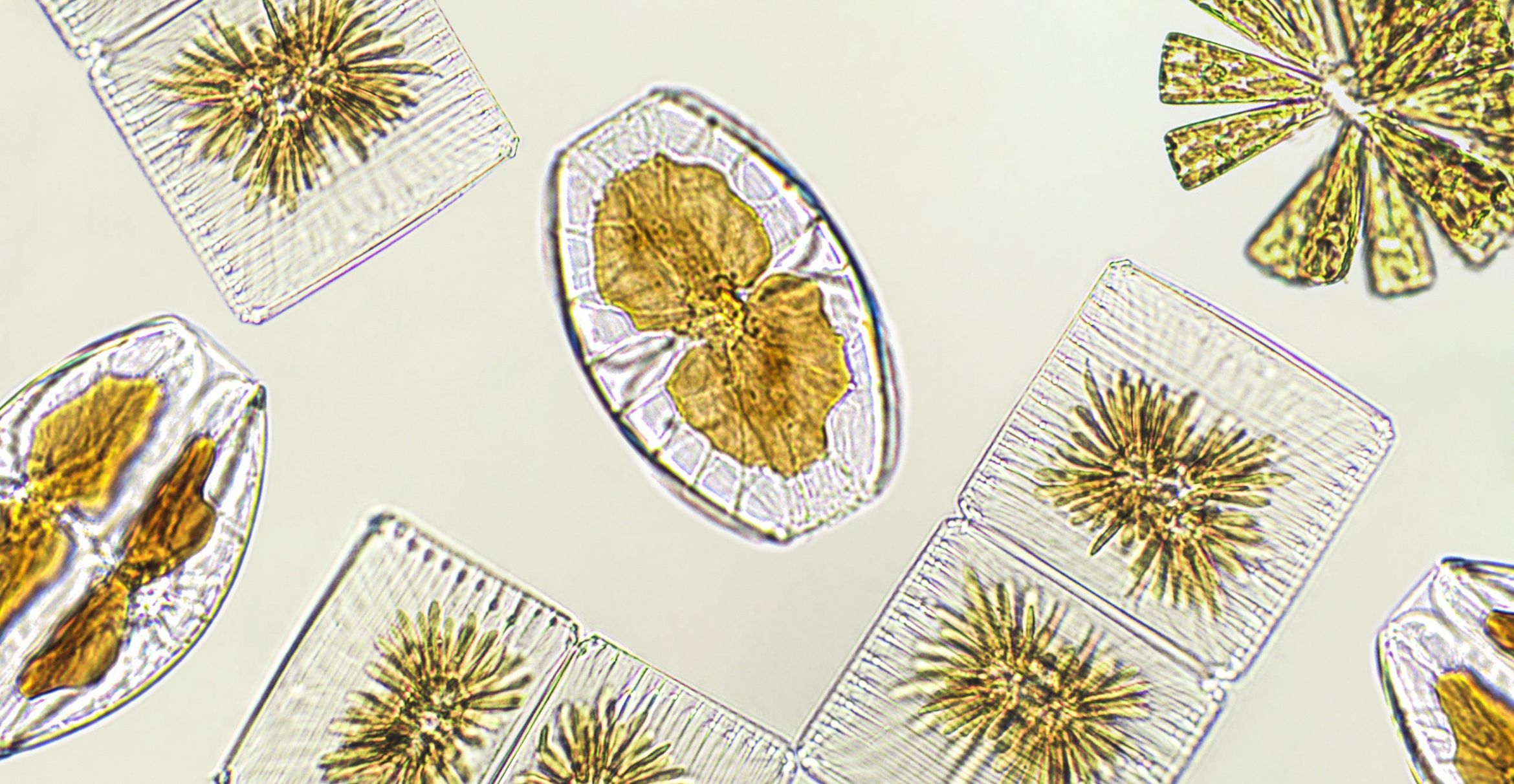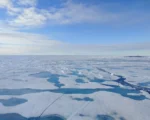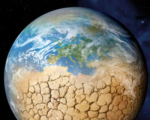Study Reveals Ocean Density Impacts Plankton’s Carbon Sequestration Ability

A recent study published in Royal Society Open Science sheds new light on how ocean density affects the carbon sequestration capabilities of marine plankton. This research, led by Dr. Stergios Zarkogiannis from the University of Oxford, explores the intricate relationship between oceanic conditions and the role of plankton in the global carbon cycle. It emphasizes how plankton, specifically foraminifera, contribute to mitigating climate change by absorbing atmospheric CO2 through their calcium carbonate shells. These findings offer crucial insights into the potential impact of climate change on ocean ecosystems and carbon storage.
The study focused on Trilobatus trilobus, a species of foraminifera, which plays a significant role in carbon sequestration. These microscopic organisms build shells made of calcium carbonate, which sink to the ocean floor after their death, effectively locking away carbon for centuries. Dr. Zarkogiannis’s research revealed that changes in ocean density, largely driven by melting ice and the influx of freshwater, can reduce the ability of these organisms to form their shells. As ocean density decreases, foraminifera struggle to sink properly, which affects their contribution to long-term carbon storage.
The findings also suggest that reduced calcification due to low ocean density could have broader implications for oceanic ecosystems. Not only does it hinder the plankton’s role in carbon sequestration, but it also disrupts ocean alkalinity. A decrease in ocean alkalinity reduces the ocean’s capacity to absorb additional CO2, which could further accelerate climate change. This highlights the delicate balance within marine ecosystems and the importance of understanding how ocean conditions influence the carbon cycle.
Dr. Zarkogiannis’s work underlines the urgency of addressing changes in ocean density, which is largely driven by global warming and melting polar ice. As freshwater dilutes seawater and alters its salinity, these physical changes influence the behavior of marine life, including the plankton vital to carbon sequestration. This research could pave the way for more targeted climate models, helping scientists predict how future changes in ocean density may affect the global carbon cycle and, ultimately, the climate.





















